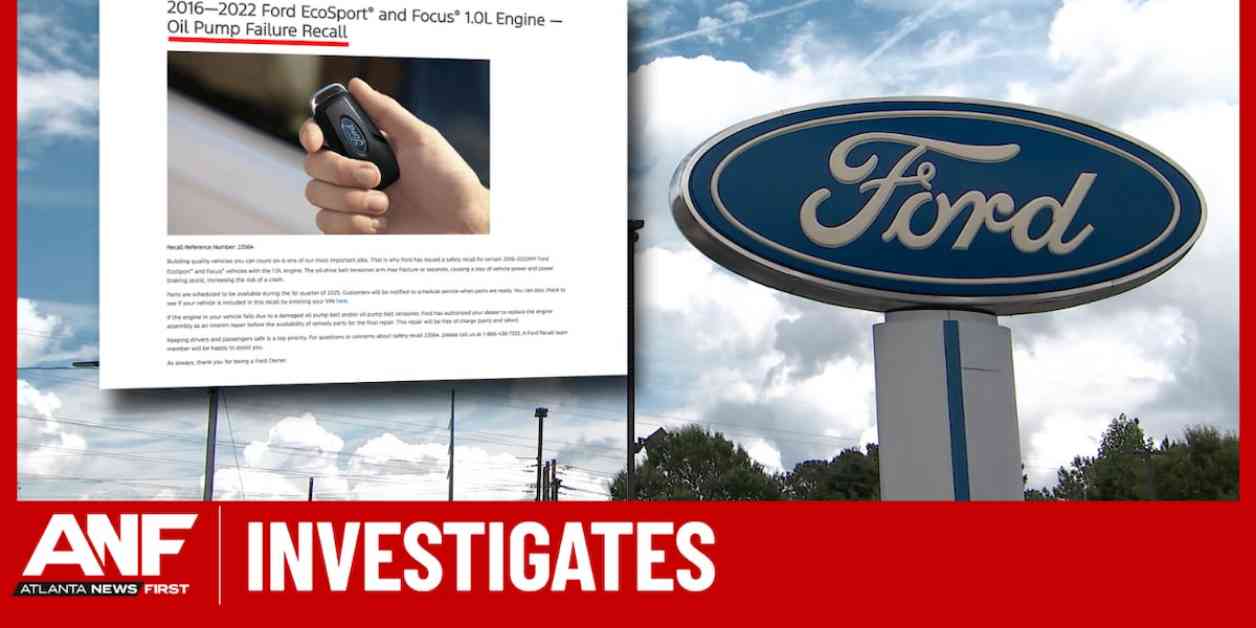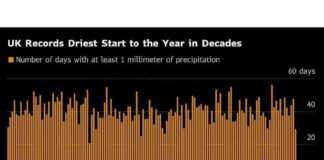Ford Motor Company’s recent recall of the 2016-2022 Ford EcoSport and Focus 1.0L engines has left owners facing significant challenges. The defective parts in these vehicles have the potential to cause engine failure, posing a serious safety risk to drivers and passengers. Unfortunately, replacement parts for these faulty components are not expected to be available for at least six months, leaving many individuals in a state of uncertainty and frustration.
Delays in Replacement Parts:
The recall issued by Ford highlights a critical issue with the oil-drive belt tensioner arm, which may fracture or separate, leading to a loss of vehicle power and power braking assist. This defect significantly increases the risk of a crash and poses a danger to the safety of those operating these vehicles. Concerns over the potential for catastrophic engine failure without warning while driving have prompted several plaintiffs to file a class action lawsuit in June 2023.
According to the lawsuit, the defect presents a serious safety hazard that can result in lost motive power, sudden limp mode activation, and an increased likelihood of a collision. The lawsuit also alleges that Ford’s awareness of these failures occurring just outside the warranty period unfairly shifts the cost of repairs onto unsuspecting consumers of these economy vehicles, where the defective engines are installed.
Impact on Owners:
One individual, Venessa Stevens, shared her experience with the consequences of the defective parts in her 2019 Ford EcoSport. Stevens recounted how her vehicle’s warning lights illuminated while she was on her way to work, signaling a potential issue with the engine. Upon inspection by Five Star Ford of Stone Mountain, it was confirmed that the parts identified in the recall had indeed failed.
The most disheartening news for Stevens came when she was informed that replacement parts would not be available until early 2025, leaving her without a functioning vehicle for an extended period. Despite advice from a Ford Motor Company service representative to request a loaner car from the dealership, Stevens revealed that this was not a viable option as the dealership could not provide one due to the uncertainty surrounding part availability.
Stevens was left to rely on alternative transportation methods such as ridesharing, rental cars, and assistance from friends and coworkers. The financial burden of these arrangements, totaling $2,000, coupled with the emotional strain of not being able to reach her elderly mother in a timely manner, placed a significant burden on Stevens. The inability to trade in or sell the vehicle due to its depreciated value further compounded her challenges, as she continued to make monthly payments and maintain insurance on a car that was non-operational.
Response from Ford:
Despite initial challenges and delays, there have been some positive developments for Stevens and other affected owners. Following inquiries from Atlanta News First, Ford Motor Company initiated contact with Stevens to address her situation. Five Star Ford of Stone Mountain confirmed that Ford had authorized a replacement engine for Stevens’ vehicle, providing a loaner car while the repairs were being conducted.
The updated recall on Ford’s website now includes the option of a replacement engine as an alternative interim repair for affected vehicles. This repair, which is free of charge for parts and labor, aims to address the issue of damaged oil pump belts and tensioners that could lead to engine failure. Ford Motor Company has also taken steps to reimburse owners for expenses related to rideshares and rental cars incurred during the period of part unavailability.
In light of these developments, Stevens expressed gratitude for the assistance she received and the resolution of her vehicle’s issues. The proactive steps taken by Ford to address the concerns of affected owners demonstrate a commitment to customer satisfaction and safety in the face of challenging circumstances.
Conclusion:
The delays in replacement parts for the Ford EcoSport and Focus 1.0L engine recall have highlighted the challenges faced by owners dealing with defective components in their vehicles. The impact of these issues extends beyond financial burdens to emotional and logistical difficulties for individuals like Venessa Stevens. However, the response from Ford Motor Company in authorizing replacement engines and providing support to affected owners represents a positive step towards resolving these issues and ensuring the safety of vehicle occupants. As the recall process continues, it is essential for Ford to maintain transparency and communication with owners to address concerns and facilitate timely repairs.






















